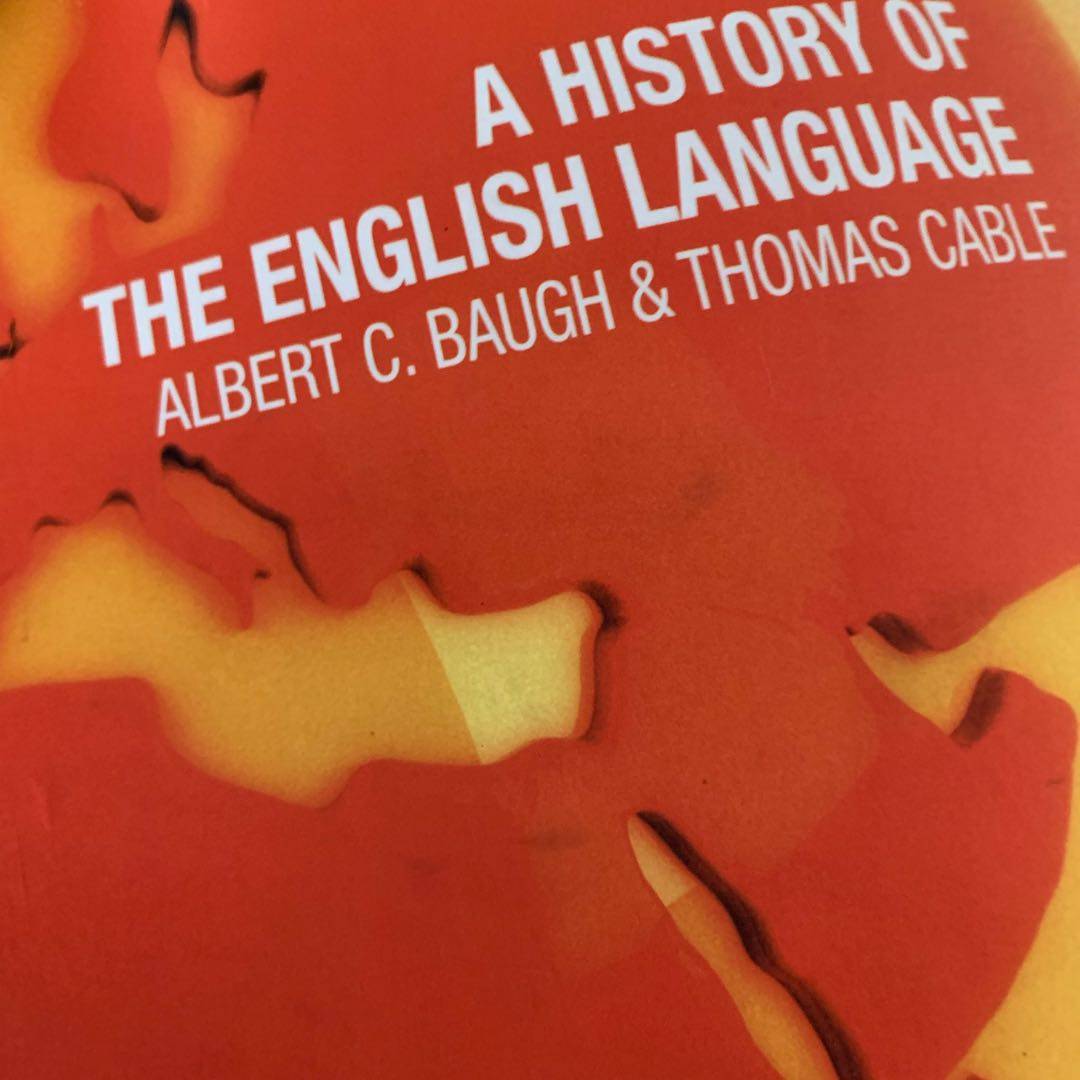
Starting a book on one of my favorite topics. It is the 5th edition of this notable history.

Starting a book on one of my favorite topics. It is the 5th edition of this notable history.
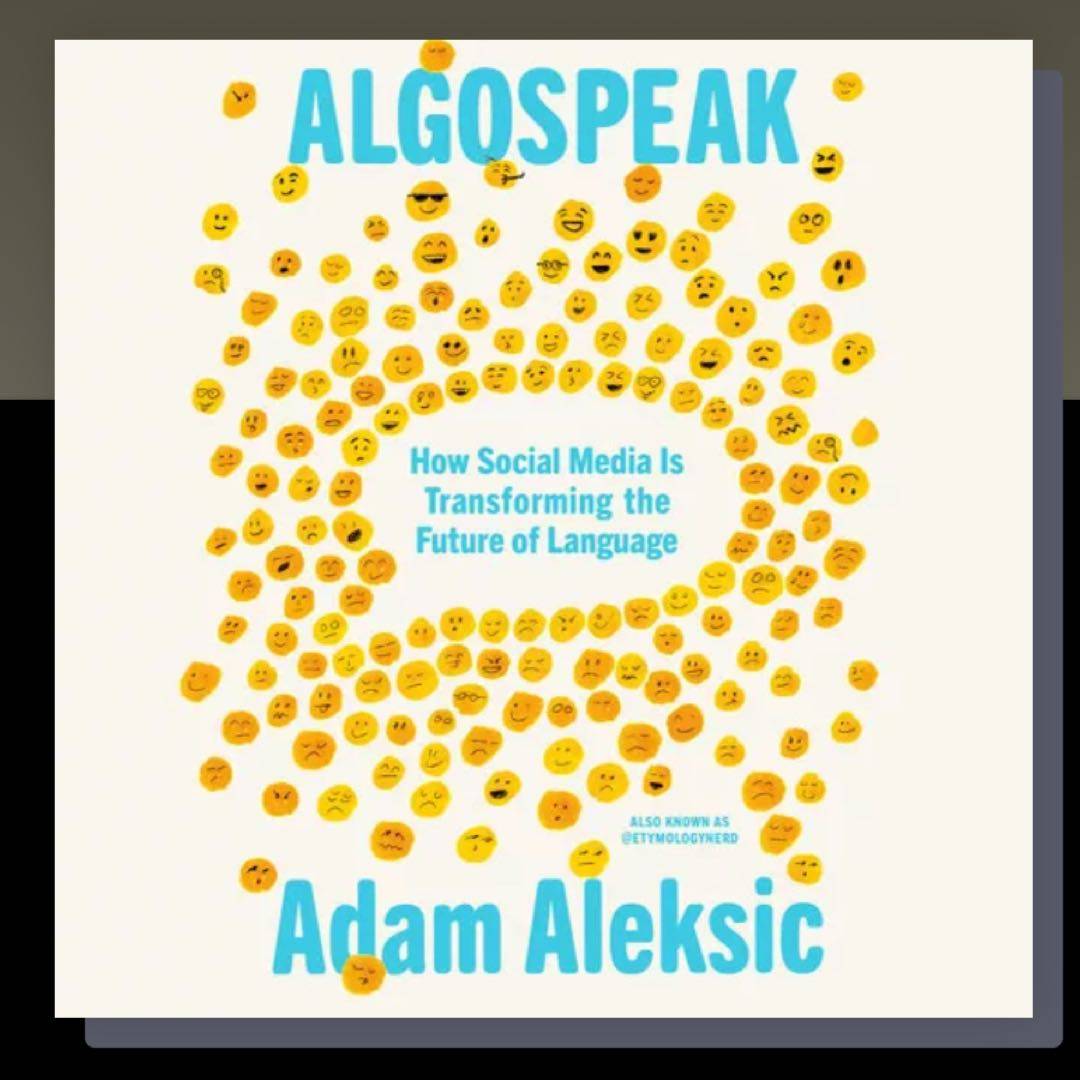
This is an interesting book about how internet language has jumped into and shaped our daily lives even offline, but also how algorithms have impacted that by amplifying certain things. The author is well positioned to discuss this as an influencer and content creator who has also done his research, but he‘s also an undergrad who keeps referring to himself as a “linguist,” which I find premature.
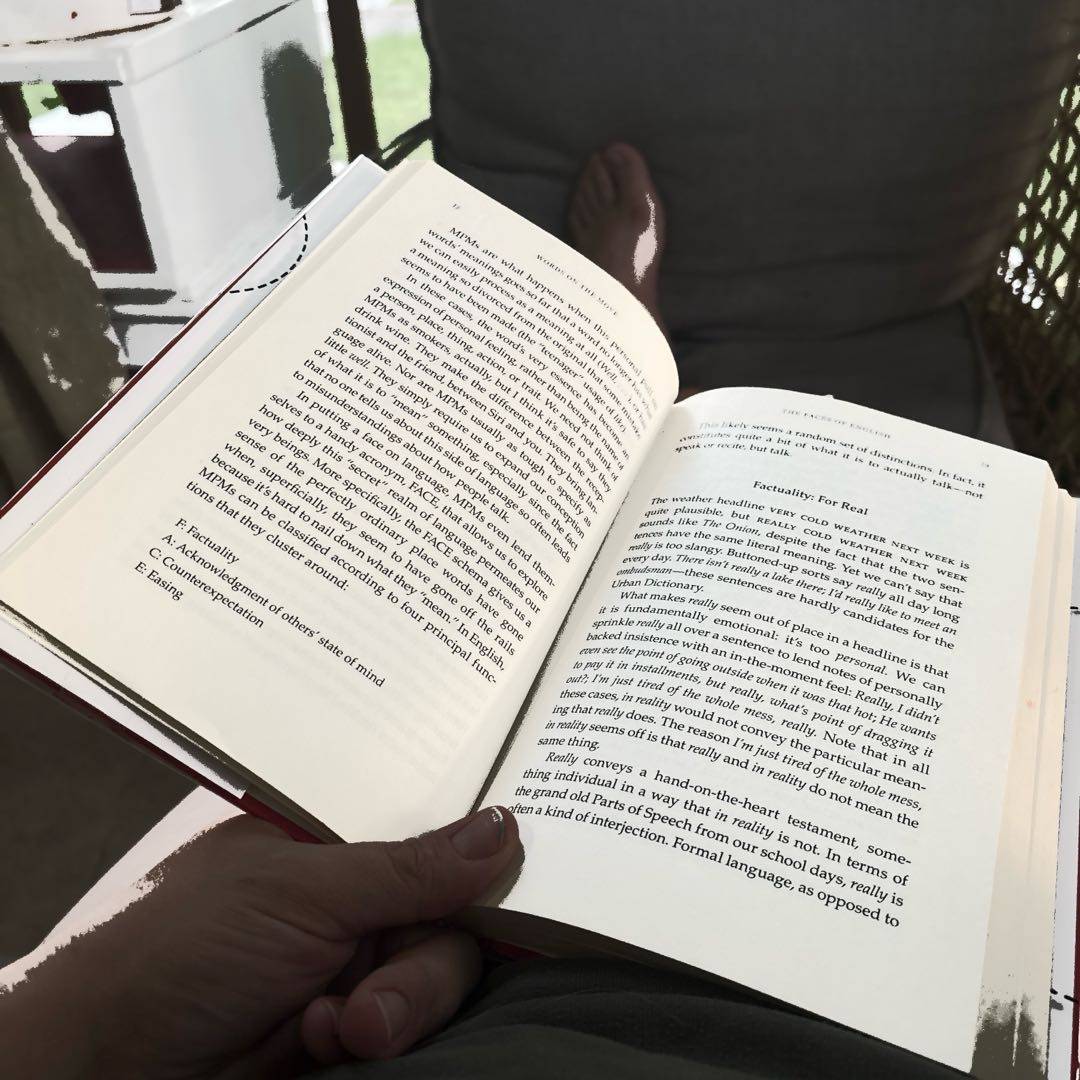
I challenged myself this year to really read more non-fiction … used to hover around 15-25% of my overall reading. My aim was around 50% and now I am at 46%… I‘m happy with that number and I‘m enjoying all the new things I‘m learning.
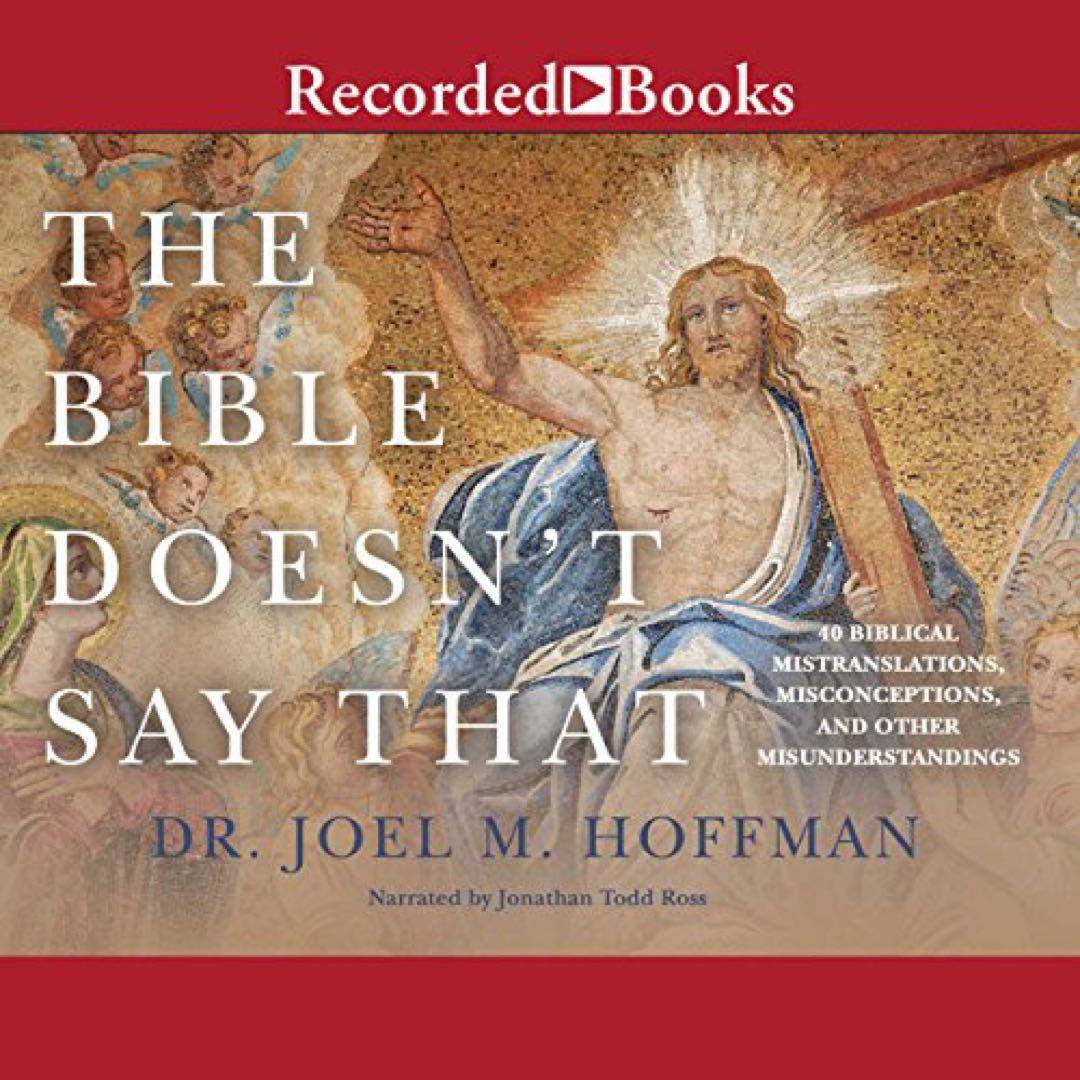
This is concise and clear about the ways ideas are misrepresented in the Christian Bible. The book made clear again and again that the historical evidence that the New Testament was written a century or more after the events it depicts and not by the people they are attributed to; though, he never takes that step.
👇🏻👇🏻👇🏻

I‘ve listened to a couple of McWhorter‘s Great Courses lectures on language and he‘s always informative and entertaining; like a a nerdy dad—smart but not exactly PC.
The book itself is a collection of theses about the origins of English. Tons of fascinating info but his arguments probably won‘t mean much to someone who isn‘t in or near his field. For me, I have found that I really enjoy things like etymology and other language-related topics.
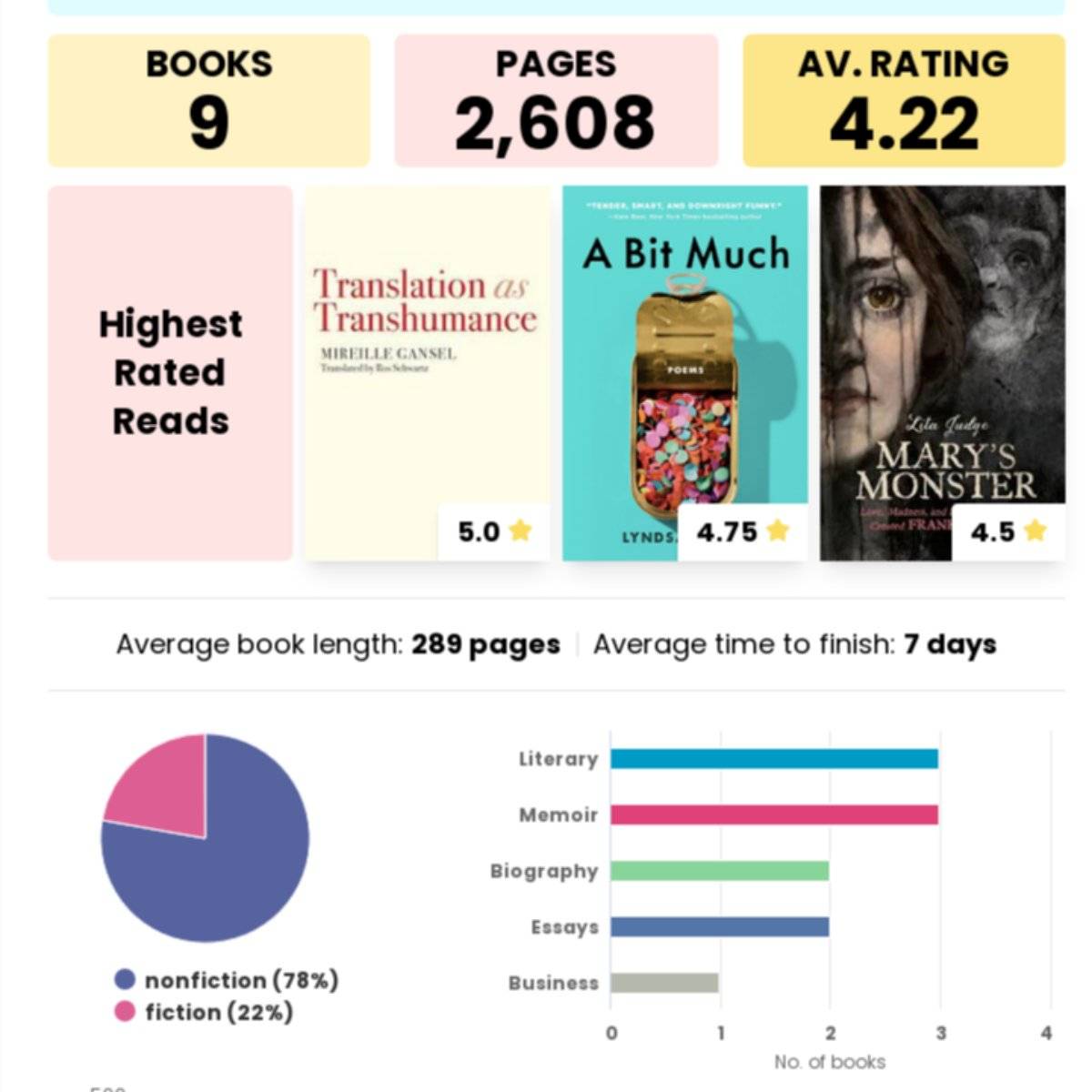
September wrap! I usually read a decent mix of genres across both fiction and non-fiction, but September was a heavy NF month with some solids picks too.
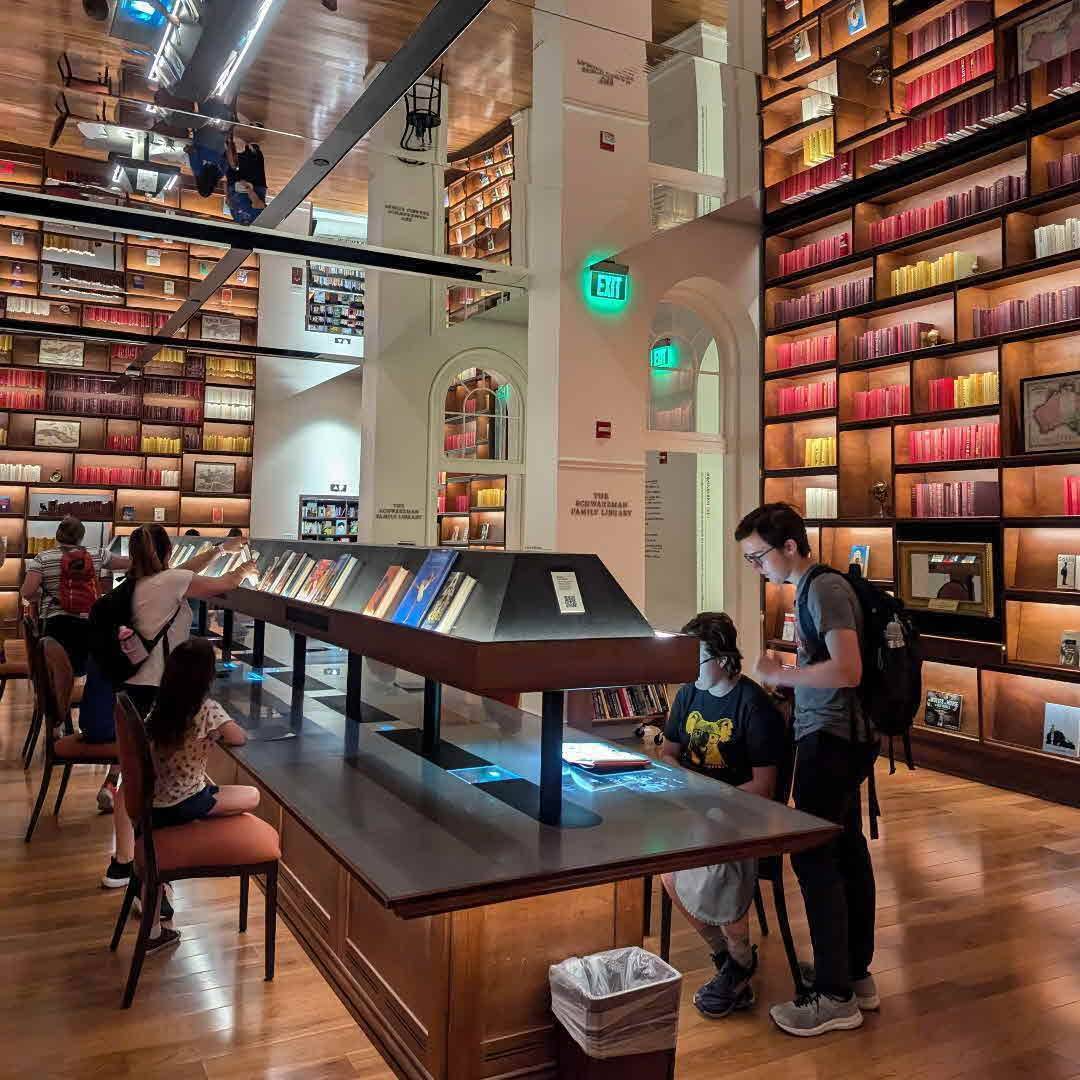
The magical library---with its intricate voice-activated dioramas of scenes from literature, and desks on which unfold a multi-media experience when a book is set down just so upon them---is just one of many awesome word-oriented exhibits at Planet Word in Washington, DC. We had such a blast there! If you're in town, I highly recommend visiting. (Their gift shop is also extremely tempting, and the cafe downstairs is delicious.)
Quite an interesting study of what it means to be able to learn a lot of languages, or hyperpolyglottism. It took awhile for me to read though and I skimmed parts. It is a little frustrating because it lacks solid conclusions to be made. Partly it is a gift and partly just hard work? See the reviews at Amazon for more.
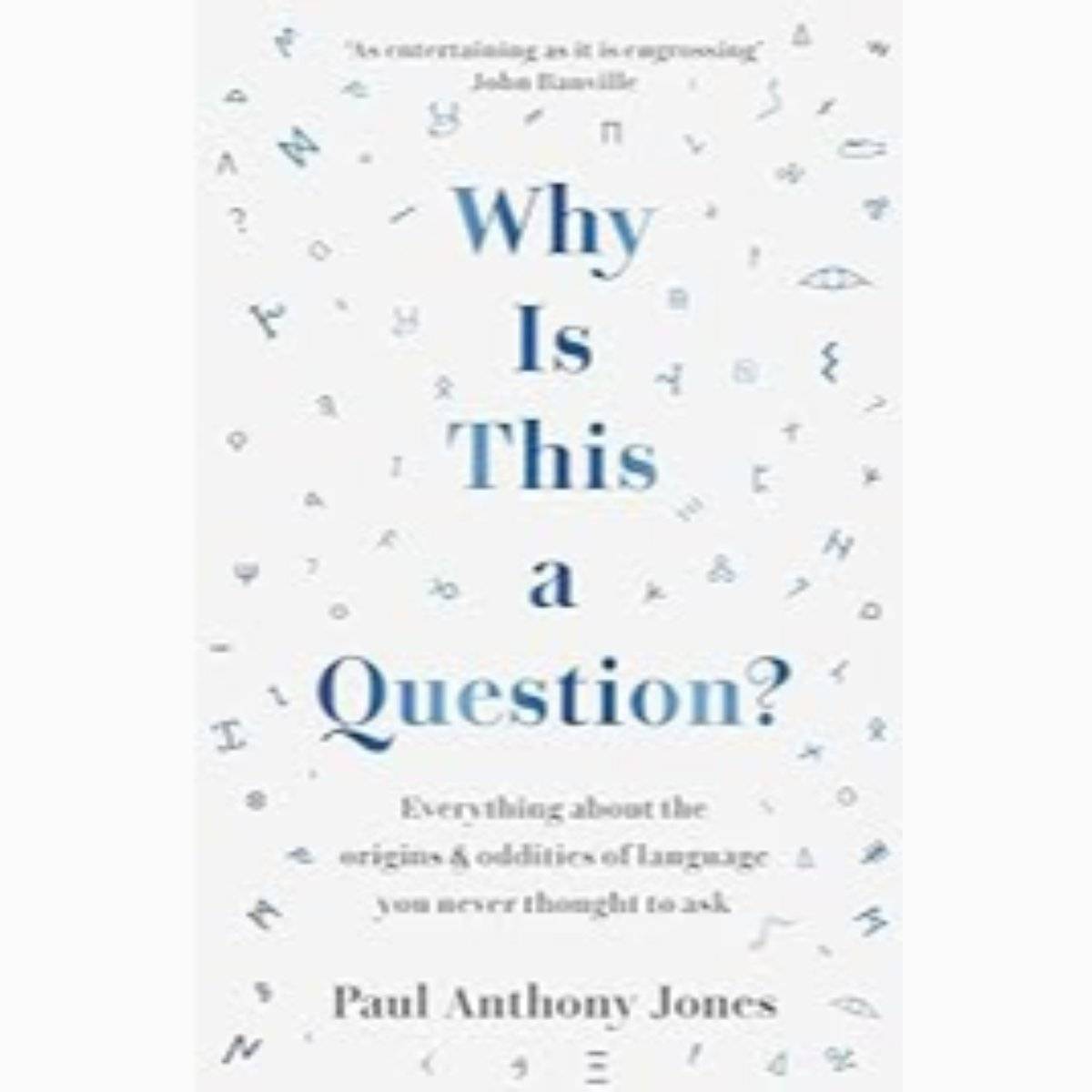
Series of pop linguistics essays in the form of answers to questions. A good introductory overview of the subject. It did leave me with questions, though. I did start wondering in some of the later parts about pragmatics whether it applied to everyone or just English speakers. And the section on gesturing while speaking, how does that apply to people speaking sign languages?